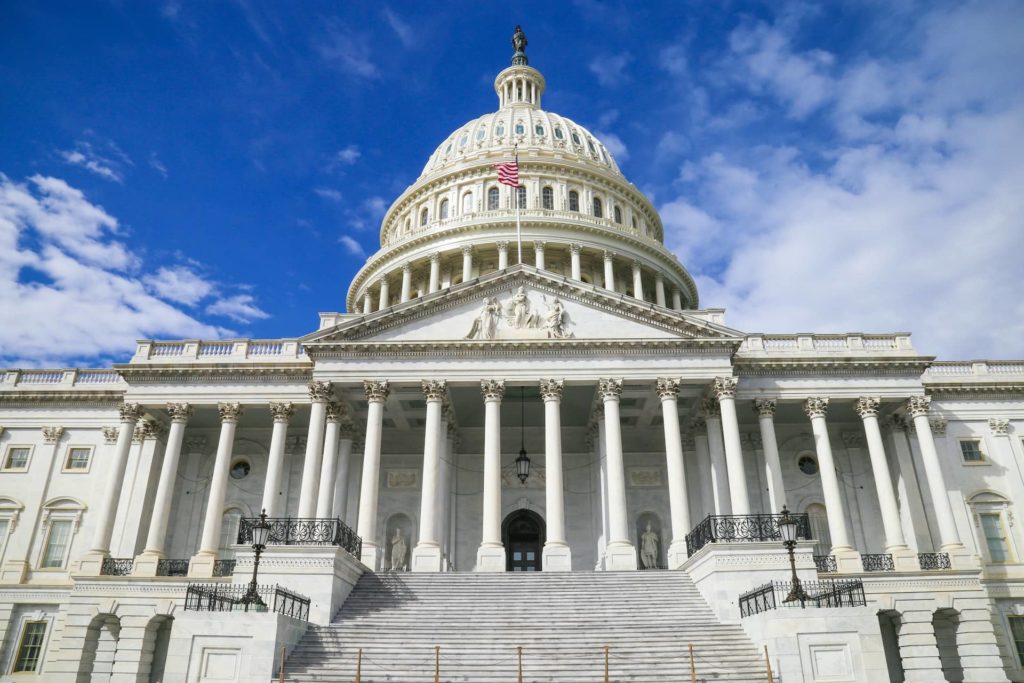“To spend more time with my family” is a phrase that you may have read or will undoubtedly hear more of as we progress into the 2022 election year. The Democrats hold a razor-thin majority in the Senate and the House. As I write, there are 23 Democrats and 12 Republicans retiring in the next year. It will not help their majority prospects when the Republicans only need to flip five swing districts to retake the House and one additional seat in the Senate. The wind is certainly at the Republican’s backs, and it will be their year to lose a majority in the House if not the Senate as well.
The contributing factors of President Biden’s low approval rating, the sinking of the Build Back Better legislation, inflation on the rise, covid strains and their waves, and redistricting have left Democrats to mull over their potential future positions in the minority. Yes, some Democrats are running for another elected office in their home states, but their absence creates a vacuum in the newly drawn districts. So, where does this leave the Administration’s legislative agenda in such a hotly contested midterm year?
The Biden White House and Senator Schumer’s Senate will continue to focus on judicial appointments and other nominations in addition to salvaging the BBB in the new year. In addition, we will see an increased focus on “data aggregators,” whether they are big tech, social media platforms, or the NCRAs. Therefore, we remain bearish on the development of a cohesive data privacy legislation in the face of anti-trust sentiment in the Senate Banking Committee. Still, we remain bullish that we will see a House Financial Service Committee markup on the Comprehensive CREDIT Act from Rep. Pressley (D-MA), Protecting Your Credit Score Act, Rep. Gottheimer (D-NJ), and the National Credit Reporting Agency proposal. Whether these pieces of legislation pass the House and make their way to the Senate for consideration is probable, but their ultimate passage is unlikely.
Unfortunately, the “reform” of the consumer data industry is an evergreen issue for both sides of the aisle. On one side of the aisle, we are an industry with credit biases in consumer reporting. On the other side, the NCRAs have been accused of being an oligopoly. Fortunately, there are avenues where we can continue to work with members of Congress. The Credit Access and Inclusion Act introduced by Rep. French Hill (R-AR) and Senator Scott (R-SC) is an excellent example of good intended, future thinking proposals to help the underbanked and unbanked enter the financial mainstream. For now, we remain poised to see how 2022 shapes up and try to stay ahead of the “known unknowns” through constant dialogue with Hill staff, members, and federal agencies.
